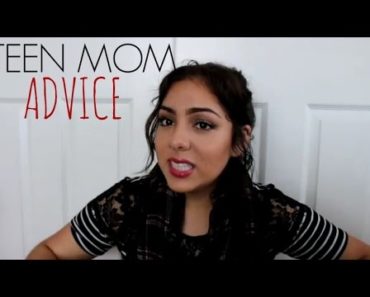“Scrolling through my phone between contractions, I was overcome by the fear that I would never be enough.”
The following is an excerpt from The Juggling Mother: Coming Undone in the Age of Anxiety by Amanda Watson. Copyright © 2020 Amanda Watson. Reprinted with the permission of UBC Press.
The morning I gave birth to my daughter, I was on my couch counting contractions, listening to my husband furiously clacking out-of-office notes at the desk next to me. I was thinking about ways to ask my community for help as my labour progressed. I was consciously hoping to resist the urge to maintain my reputation as the ultimately productive, unencumbered individual, especially at the moment of giving birth—to “ask for help,” as they say. I thought I would try.
Scrolling through my phone between contractions, I was roused by insecure and competitive feelings when I paused on an Instagram post. The photo showed a mother appearing to have a constructive maternity leave. She was cooking healthy food in a clean, bright kitchen. She was reading a dense-looking book about perfecting the art of sourdough. In the caption, she joked about not having washed her hair in days. Very funny.
The oxytocin cascading from within me was, for a moment, blocked by pangs of fear that I would never be enough. Of course, I did not act on my bad feelings by, say, sending a mean note about her green smoothies and scratch cooking. I did not want this woman to fail, but I perhaps wanted to know if she shares my feelings of fear. Really, I just wanted to be able to guarantee that my own family could keep up.
And because I am interested in being rewarded for generating positive affect myself, the negative energy rumbling here morphed into a desire to achieve this distant acquaintance’s performance of competence—of coming undone in busy service to capitalist productivity and service to my family.
I cannot deny the feelings that orient me, and no doubt orient all of us, towards and away from one another in times when solidarity is required. It is helpful to admit that I felt defensive because I felt afraid.
The position of the undone mother is a sad one. She struggles to prioritize and perform paid and unpaid work according to discourses of responsible reproduction—having the right number of children at the right time in the right circumstances and caring for them in the right ways to secure all of their future happiness. This is impossible. Thus mothers are in a cruelly optimistic relationship, to use Berlant’s words, with their own labours and concern about the future in the present.
The good life and its responsibilities are out of reach, creating conditions where most women are striving towards something that does not exist, and where most women are deemed undeserving of help. In writing this book, I was struck by how often we see examples—in the media and our own lives—of women subtly disciplining one another in a competition for recognition as the ultimate juggling mother.
No matter our feelings on how these power plays persist, the terrain for discussing women’s labour responsibilities is polarizing. Because neoliberalism has its claws in feminism, popular discussions of motherhood and care work involve admonishing, resisting, supporting, and insulting the behaviour of individual women. These are depressing conditions in which to negotiate fertility, wellness, life passions, family formation, and work, and time for adequate rest is not afforded to anyone.
But I remain optimistic about the power of feminists to form assemblages of emotional solidarity. They might take the form of a wink or a smile in the daycare parking lot or, more traditionally, of a hot meal, a load of laundry, or a trip to the clinic in times of need.
They might take the form of asking for help; of realizing that self-care is better imagined as community care; of inviting a friend over for tea, even or especially if the house feels dirty and embarrassing; of lying in bed with a magazine while a male friend or partner does the caring; of admitting anxiety or self-hatred or self-harm; of killing the joy of men and others who need an education on caring labour. Imagine.
They might mean thinking about why we feel in some moments so insecure and in others so empowered; educating ourselves on the experiences of other families; severing our worth from the abilities of our children; and challenging our internalized notions of success and failure.
Feminists have always built communities, and our long resumé of reaching out to and checking in on the well-being of others can only serve a mandate of advancing radical emotional support. Like big feelings that are always about to rattle and swirl, this work starts among us.
Amanda Watson is an author, lecturer, and parent of two. You can find her @spindrwatson or www.amandadwatson.com

































